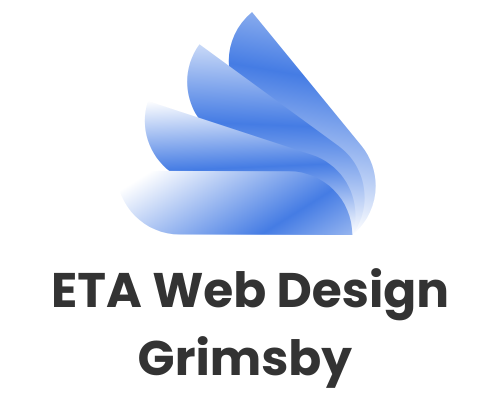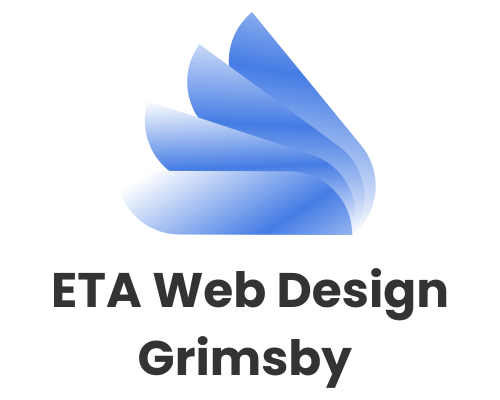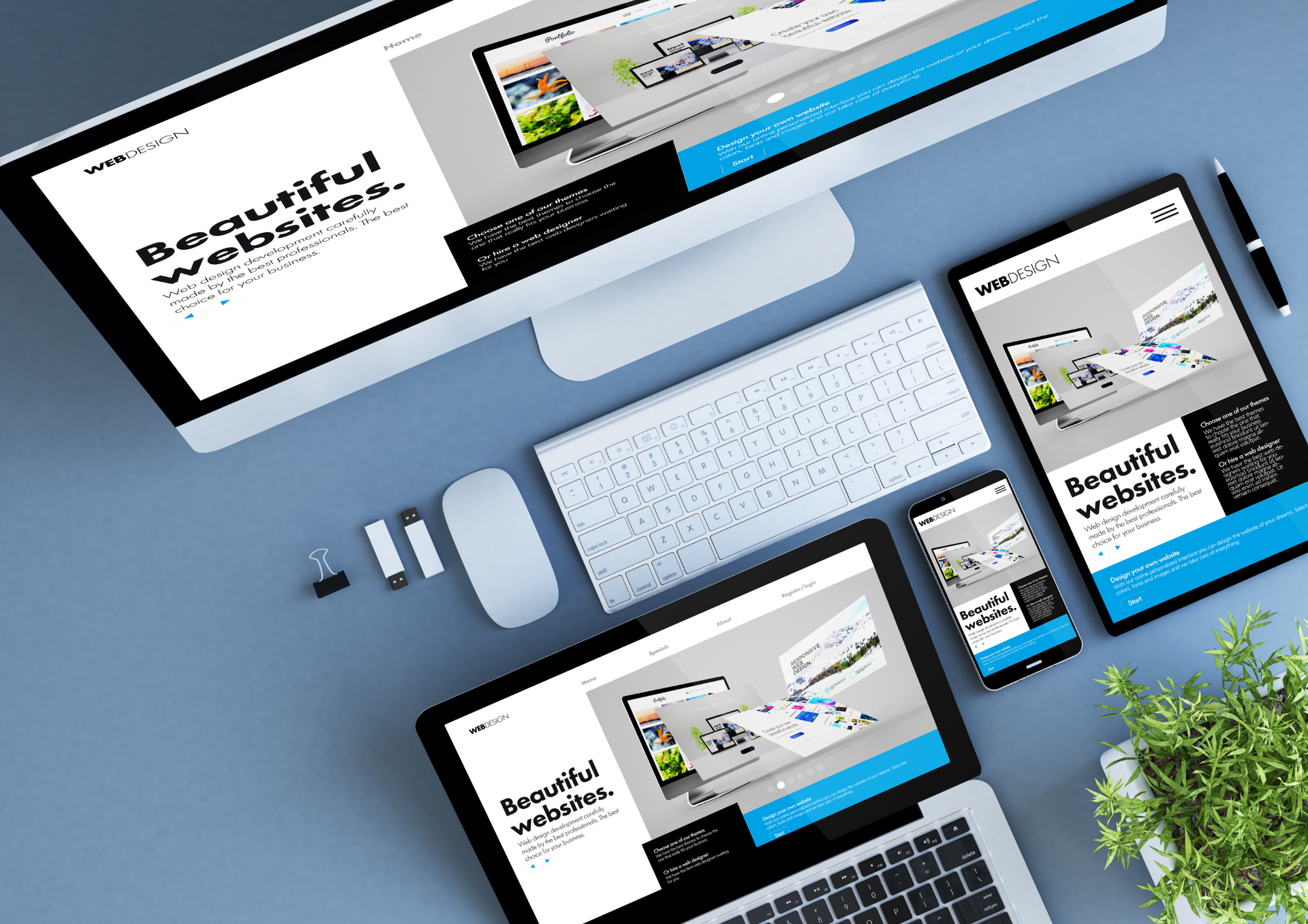For small businesses, establishing a strong online presence is no longer optional—it’s essential. Whether you run a homeware brand, a health and wellness business, or a retail store, your website is often the first impression potential customers have of your brand. Many business owners wonder if they can manage this themselves using web makers or if investing in professional design is the better route.
Website makers are popular because they promise a simple, fast, and cost-effective way to create a website without hiring a professional. But are they truly worth it for small businesses looking to grow, attract customers, and scale over time?
In this guide, we’ll explore the benefits, limitations, and practical considerations of website makers.
Understanding Website Makers
Website makers are online platforms that allow users to build websites using pre-designed templates and drag-and-drop tools. They are designed to be intuitive, enabling users with minimal technical experience to create a functional website in a short time. For a small business owner, this can seem like the perfect solution.
The appeal is clear: web makers reduce upfront costs, eliminate the need for coding skills, and provide ready-made designs. Many platforms offer mobile-friendly layouts and basic SEO tools, which can help new businesses appear in search results.
However, while they are convenient, it’s important to consider your long-term goals. If your business plans to scale or offer customised services online, the limitations of these platforms can become apparent quickly. For example, advanced customisation, performance optimisation, and complex integrations are often restricted.
For businesses looking specifically for a website builder for small business, these platforms may provide a quick start. But understanding their limits ensures you don’t face challenges as your business grows.
Pros and Cons of Using Website Makers
Web makers offer several advantages that make them tempting for small businesses.
Pros:
- Cost-effective: They are generally cheaper than hiring a professional designer.
- Time-efficient: Websites can be created in a matter of hours or days.
- User-friendly: Drag-and-drop interfaces require minimal technical knowledge.
- Templates available: Pre-designed layouts save time and provide a professional appearance.
Cons:
- Limited customisation: Many templates restrict how much you can modify the design.
- Scalability issues: As your business grows, adding features or integrating third-party tools can be challenging.
- Generic design: Since templates are widely used, your website may look similar to others in your industry.
- Performance limitations: Web makers often have slower loading speeds and limited optimisation options.
While these platforms can work for very small businesses or side projects, business owners aiming for professional branding and scalable growth may find them restrictive.
Comparing DIY Website Makers to Professional Web Design
DIY web makers are tempting, especially for businesses with tight budgets. However, professional design offers significant advantages that go beyond aesthetics.
A well-designed website ensures:
- Strategic layout and navigation for a smooth user experience.
- Optimisation for SEO to improve visibility on search engines.
- Custom functionality to meet specific business needs.
- Brand alignment to convey professionalism and build trust.
Some small businesses may be tempted by the best website builder for small business options advertised online. These platforms promise ease of use and affordability, but they rarely offer the depth of functionality needed for long-term growth. A professionally designed site may require more investment upfront, but it delivers higher returns in terms of engagement, credibility, and sales conversions.
Ultimately, while DIY web makers can serve as a temporary solution, businesses planning to expand and differentiate themselves benefit greatly from a tailored, professionally designed website.
E-commerce Considerations
For retail businesses and brands selling products online, choosing the right platform becomes even more critical. E-commerce websites require secure payment processing, inventory management, and a seamless shopping experience.
DIY web makers can support online sales, but they often lack advanced e-commerce features. A robust ecommerce website builder might offer basic online store functionality, yet complex integrations—such as subscription management, advanced analytics, or custom shipping options—may be limited or unavailable.
For small businesses serious about online sales, a professional website ensures:
- Customisable product pages.
- Smooth checkout experience to reduce cart abandonment.
- Integration with email marketing and CRM tools.
- Enhanced security and performance for customer trust.
This is particularly important for homeware, health and wellness, and retail businesses where customer experience and brand trust directly affect sales.
Simplicity vs Professionalism
One of the biggest advantages of web makers is their simplicity. They allow business owners to quickly set up a website without technical expertise, making them an attractive option for those who need a fast solution.
However, there is a trade-off between simplicity and professionalism. A simple website builder might suffice for a temporary or basic site, but it can limit your ability to expand, add advanced features, or create a distinctive brand presence. Over time, this may affect your website’s effectiveness, search engine visibility, and customer perception.
Business owners should consider whether the ease of use outweighs the long-term benefits of a professional, tailored website. Often, investing in a custom solution ensures better scalability, higher credibility, and a website that truly supports business growth.
Website makers offer convenience, affordability, and speed, making them appealing for small businesses just starting out. However, they come with limitations in terms of customisation, scalability, and advanced functionality. For businesses seeking long-term growth, a professional website provides greater flexibility, optimised performance, and a design tailored to your brand and customers.
Ultimately, small businesses need to balance short-term convenience with long-term strategy. Web makers can serve as a temporary solution, but for a lasting, results-driven online presence, professional web design is the better choice.
ETA Web Design Grimsby specializes in creating professional, scalable websites for homeware, health and wellness, and retail businesses. We understand that your website is more than just a digital presence—it’s a powerful tool for growth, engagement, and customer trust.
Opting for professional design ensures you benefit from:
- Customised solutions tailored to your brand and business goals.
- SEO-friendly design to ensure your site ranks well and attracts organic traffic.
- Expert guidance and support throughout the design process.
- Scalable websites that grow with your business, adding functionality as needed.
New update on X: Are
website makers really worth it for small businesses in 2025?





